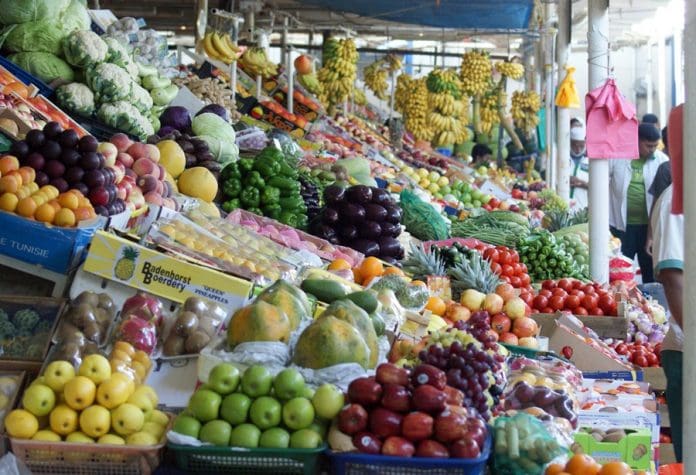This progress is attributed to the country’s agricultural policies and development strategies aimed at enhancing food production and distribution.
However, the report highlights the ongoing global food security crisis, with many regions still facing severe hunger. Despite Morocco’s achievements, the world remains off track to achieve the UN’s Zero Hunger goal by 2030.
Morocco’s improved ranking is a result of initiatives like the Green Morocco Plan and Generation Green, which have focused on modernizing agriculture, improving rural development, and promoting sustainability. Effective water resource management has also contributed to the country’s progress.
While Morocco has made notable advancements, the global food security landscape remains fragile. Conflicts, particularly in Gaza, have exacerbated food crises, and many regions are experiencing worsening food insecurity.
Africa is disproportionately affected by food crises, with 20 countries facing severe challenges. Conflict, climate change, and economic instability have contributed to widespread malnutrition and food shortages in countries like Somalia, Chad, and Madagascar.
While Morocco has made progress, the African continent as a whole continues to grapple with systemic food insecurity, driven by a complex interplay of factors.
RT/te/fss/abj/APA


